Pharmacology for Professional Nursing
Pharmacology for Professional Nursing
Total Questions : 39
Showing 10 questions Sign up for moreA medication is described as having teratogenic side effects. The nurse understands that teratogenic is defined as which of the following?
Explanation
Teratogenic refers to an agent or factor that causes malformation of an embryo ¹. It is something that can interfere with normal fetal development and cause congenital disabilities ³. Drugs, alcohol, chemicals, and toxic substances are examples of teratogens ³.
Option B is not correct because teratogenic specifically refers to harm caused to a fetus, not kidney damage.
Option C is not correct because teratogenic does not refer to a medication acting in the opposite manner than expected.
Option D is not correct because teratogenic does not refer to a medication causing an additive effect.
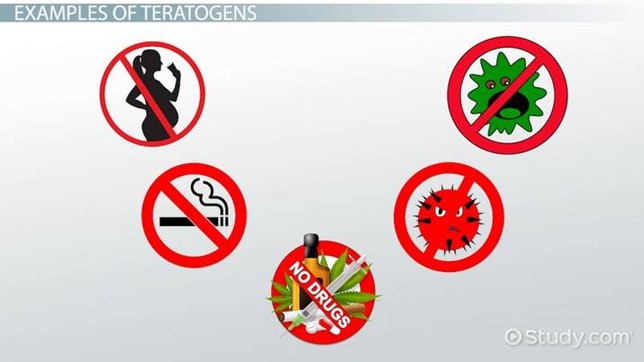
What is the nurses best action when a client refuses to take medication?
Explanation
It is important for the nurse to understand why the client is refusing to take the medication. There may be underlying reasons such as side effects, fear, or misunderstanding about the medication. By investigating and addressing these concerns, the nurse can help the client make an informed decision about their treatment.
Option A may not address the underlying reasons for noncompliance and could be perceived as confrontational.
Option C may be appropriate after understanding the reasons for noncompliance and discussing them with the provider.
Option D may also be appropriate in some cases, but it is important to first understand the reasons for noncompliance before involving a social worker.
The client diagnosed with Parkinson's disease has been taking carbidopa/levodopa for two years. The client states symptoms are worsening. The health care provider added the prescription donepezil to the client's daily routine. Which information should the nurse teach the client?
Explanation
Donepezil is a medication that can cause side effects such as dizziness and fainting ¹. Therefore, it is important for the client to rise slowly from a lying or sitting position to prevent falls.
Option A is incorrect because donepezil can be taken with or without food.
Option B is incorrect because donepezil does have side effects ¹.
Option C is incorrect because the health care provider added donepezil to the client's daily routine, not to replace carbidopa/levodopa.
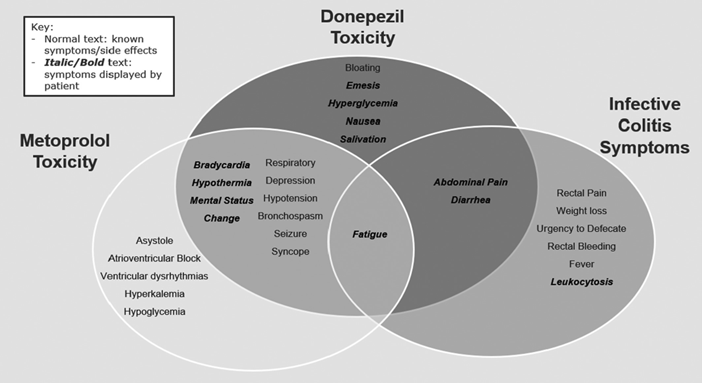
Which medication is the medication of choice for the management of absence seizures?
Explanation
Ethosuximide is the medication of choice for the management of absence seizures ³⁵. It is a first-line medication that has been shown to be effective in treating absence seizures ⁵.
Options A and B are incorrect because carbamazepine and phenytoin are not considered first-line medications for absence seizures.
Option D is incorrect because while valproate can be used to treat absence seizures, ethosuximide is preferred due to its effectiveness and safety profile ³.
An agitated, extremely anxious client is brought to the emergency department and the provider orders alprazolam. The nurse understands alprazolam is appropriate to administer in this situation due to which of the following reasons?
Explanation
Alprazolam is a benzodiazepine that is commonly used to treat anxiety disorders and panic disorders ¹². It works by enhancing the activity of certain neurotransmiters in the brain ¹.
Option A is not correct because alprazolam does suppress the central nervous system ¹.
Option B is not correct because alprazolam does not cure generalized anxiety but rather helps manage its symptoms ¹².
Option C is not correct because physical dependence can be a risk when taking alprazolam ¹.
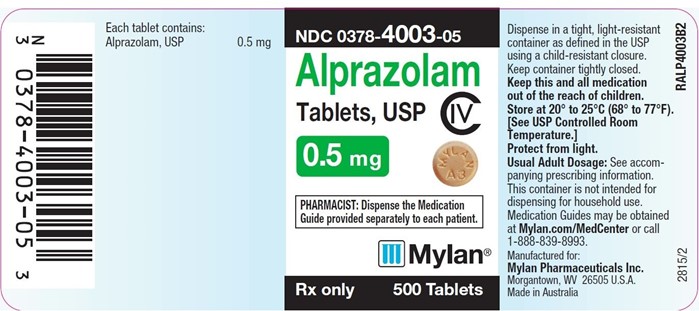
A nurse is aware that an accidental administration of a dose greater than recommended is most likely to result in what negative consequence?
Explanation
An accidental administration of a dose greater than recommended can result in toxicity. This means that the medication reaches harmful levels in the body and can cause damage to organs or other adverse effects.
Option A is incorrect because an overdose is more likely to increase side effects rather than decrease them.
Option B is incorrect because a lowered therapeutic threshold means that a lower dose of medication is needed to achieve the desired effect, which is not related to an overdose.
Option D is incorrect because an overdose can increase the effectiveness of the medication to dangerous levels, rather than decrease it.
A client taking phenytoin suddenly develops hives. The nurse understands which of the following explains this occurrence.
Explanation
The sudden development of hives in a client taking phenytoin is most likely an allergic response to the medication. In this case, the medication should be stopped and the healthcare provider should be notified.
Option A is incorrect because a paradoxical reaction is not related to the development of hives.
Option C is incorrect because an idiosyncratic reaction is unpredictable and can disrupt the treatment plan.
Option D is incorrect because a hypersensitive response would require more than just reducing the dose; the medication should be stopped.

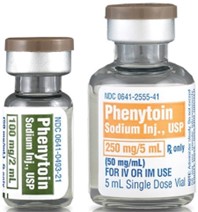
Which statement made by the client's family shows further education is needed regarding the client taking memantine?
Explanation
Memantine is a medication used to treat moderate-to-severe Alzheimer's disease ¹². It works by reducing the actions of chemicals in the brain that may contribute to the symptoms of Alzheimer's disease ¹. While memantine can help slow the progression of Alzheimer's disease, it is not a cure and may not improve the condition ².
Option A is not correct because constipation is a common side effect of memantine ².
Option B is not correct because memantine is approved for moderate-to-severe Alzheimer's disease ¹².
Option C is not correct because memantine does regulate the effects of glutamate ³.
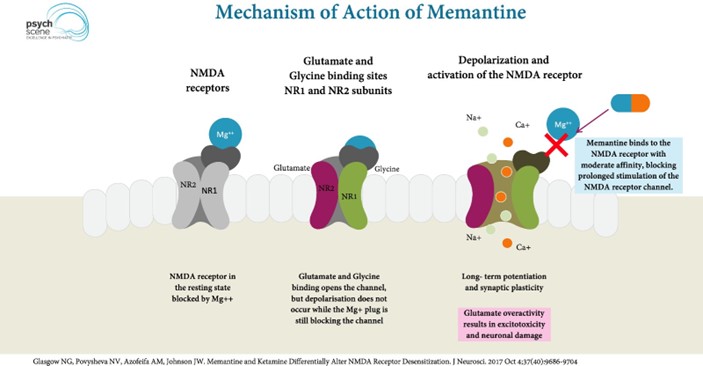
Which of the following skeletal muscle relaxants may also be prescribed to manage symptoms of malignant hyperthermia?
Explanation
Dantrolene is a medication that can be used to manage symptoms of malignant hyperthermia ¹. Malignant hyperthermia is a life-threatening reaction to certain medications used during general anesthesia ².
Dantrolene works by inhibiting the release of calcium in the muscles, which helps control the condition and restore normal vital signs ³.
Option A is not correct because baclofen is not used to manage symptoms of malignant hyperthermia.
Option B is not correct because diazepam is not used to manage symptoms of malignant hyperthermia.
Option D is not correct because tizanidine is not used to manage symptoms of malignant hyperthermia.

What anticholinergic side effects are commonly associated with cyclobenzaprine?
Explanation
Cyclobenzaprine is structurally similar to tricyclic antidepressants (TCAs) and has similar anticholinergic side effects ³. Common anticholinergic side effects of cyclobenzaprine include dry mouth ¹⁵, constipation ¹⁵, and photophobia ³.
Option A is not correct because bradycardia is not a common side effect of cyclobenzaprine.
Option C is not correct because muscle rigidity, restless movements, and tremors are not common side effects of cyclobenzaprine.
Option D is not correct because flushing, tachycardia, and hives are not common side effects of cyclobenzaprine.

You just viewed 10 questions out of the 39 questions on the Pharmacology for Professional Nursing Exam. Subscribe to our Premium Package to obtain access on all the questions and have unlimited access on all Exams. Subscribe Now




